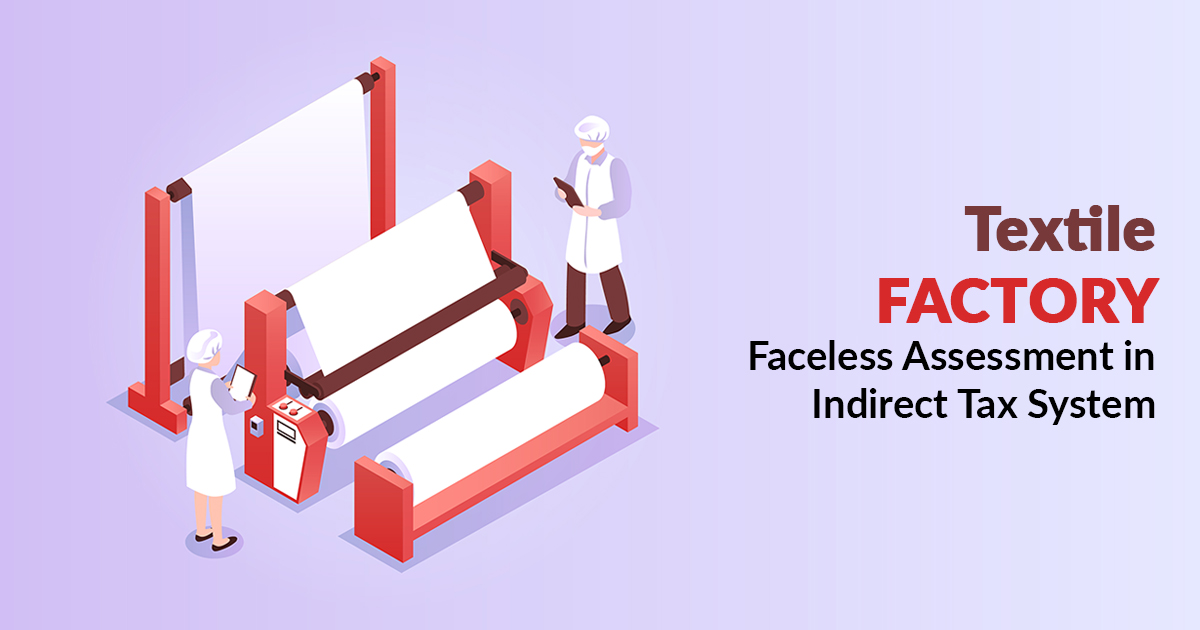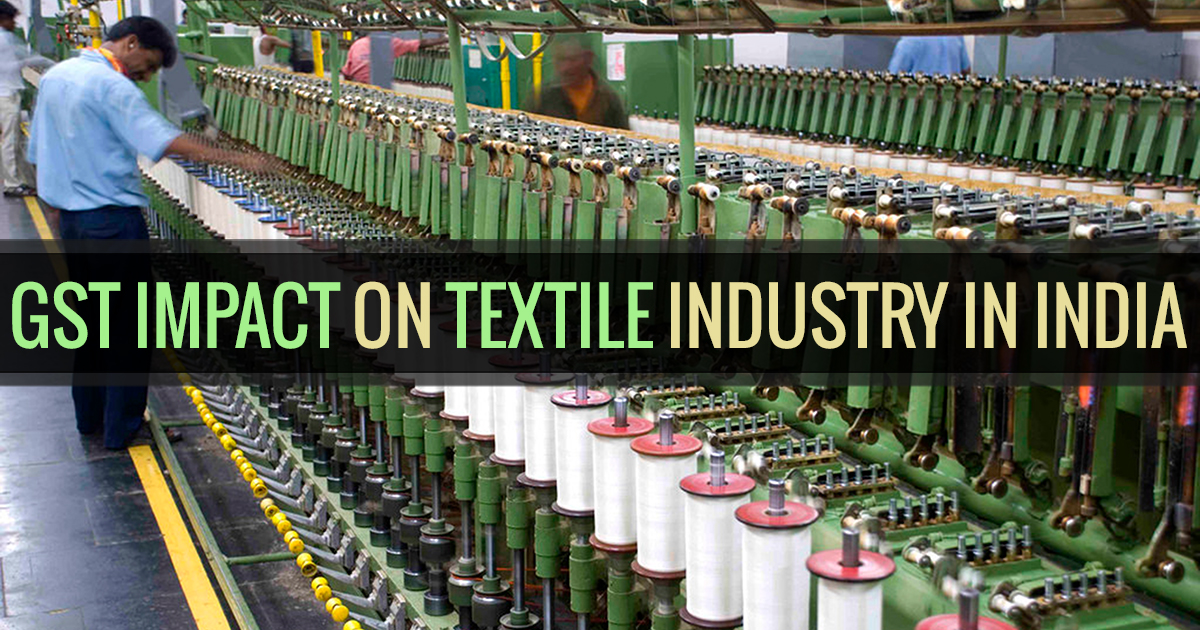
The small and medium textile exporters have urged the government for including the faceless assessments and appeals of the indirect tax schemes so as to eliminate the interactions with GST administration.
On Thursday, the income tax department makes some changes in its e-assessment scheme to join with the faceless assessment. Changing the scheme of e-assessment which was launched last year by the Central Board of Direct Taxes (CBDT) has given the notice to modify the taxonomy of the scheme from the ”E-assessment scheme” to Faceless Assessment Scheme 
‘The Prime Minister of India has announced that faceless assessment and taxpayers’ will immediately come for filing operations said by Home Textile Exporters’ Welfare Association (HEWA). Additionally they said that the appeals for faceless assessment will begin from September 25. The target of the scheme is to reject the face to face interactions between taxpayers and the income tax department.
“On the same footing HEWA urges the government to introduce faceless assessments and faceless appeals in indirect tax regime also so that exporters’ interaction with GST officials is eliminated,” it said. HEWA further said that in case any exporter is red-flagged or declared as ‘risky exporter’, in that case, the exporter must be informed by field formation the exact cause or the reason for his being red-flagged. Exporters are identified as ‘risky’ on the basis of specific risk indicators based on customs, GST, Income Tax, and DGFT data. The identified risky exporters” The CGST formations for physical and financial identification shared the information. Whereas HEWA has raised its hands for the help in a letter to the Prime minister that small and medium textile exporters suffered by Covid-19 for the relaxation in the GST tax.
The letter states the problem faced by the exporters in liquidity because of payment delay from overseas and a large number of migration of labourers including a reduction in working hours and shortage of space due to social distancing criteria. “not well versed” with the GST tax regime and depend on tax consultants who charge a hefty amount as a professional fee. “In such troubled times, HEWA requests the government for extending its full support to the textile export industry by relaxing the complicated new GST tax regime,” the textile exporters







